An Argument for Reading Saving the Day – From a Language Learner and Teacher Perspective
Mia Tarau
June 2010.
With an IELTS Academic Band 8 in Speaking and Listening, I hop on a plane that would take me to my future: my new life in New Zealand, where ‘they speak English, right? How hard can it be to move there?’. On the last leg of the journey, reality kicks in: I CANNOT UNDERSTAND ANYTHING ANYONE IN NEW ZEALAND IS SAYING IN THE NEW ZEALAND ACCENT….and this lasts for OVER A WEEK! Naturally, this begs the question: Is listening the most important skill? As a language learner, I cannot overstate the importance of listening – however, I would argue that reading is always there to save the day while we learn how to listen – in daily life, in language learning, and in academia.
This argument builds on Jono Ryan’s latest contribution to our Chasing Time English blog: https://chasingtimeenglish.com/posts/2024/6/17/which-of-the-four-skills-is-most-important. I agree that listening is crucial, especially when moving to a country where your target language is spoken. However, until you build those skills (and, as language teachers, we know how tricky it is for our students to master listening), I would argue that reading can absolutely save the day and guide you in the following ways:
1. In daily life
This part of the argument relates to the most basic survival skills in a new country that speaks your target language – this may seem small, but it is crucial. I take as an example my first few weeks of living in New Zealand, when I would have been absolutely lost without my reading skills. I was struggling to understand EVERYTHING, from basic airport announcements in the ‘Kiwi’ accent to what people were saying to me and around me. If I’d had to rely only on listening to navigate this new place, I would NOT have made it (far) in the beginning! Bonus: when you move to a new country, you must apply for new identification documents, for prior degree calibration, and an entire host of other legal paperwork – what joy!. What a whirlwind of emotions that entire journey turned out to be! Fortunately, negotiating your new legal identity in a new place can be easily accomplished these days with no need for listening skills – everything is done online if you just follow instructions on government websites. Of course, you cannot follow these instructions without decent reading skills. However, if you do have the reading skills to help you navigate the legal labyrinths of your new home in your new home’s language, you are halfway to being a new legal person! What a wonderful way for reading to save the day (and your new residency status) in daily life!
2. In language learning
One of the most frequently used tips for language learners, which combines listening and reading, is to watch movies, shows, documentaries, news, etc. in their target language, with subtitles also in their target language. This helps them greatly with understanding what is being said, even if they can’t initially follow everything that is being said. In time, this will build their listening skills, but in the beginning, this is another fantastic way in which reading saves the day in our language learning journeys!
3. In academia
I have taught students who completed a foundation or bridging program while still struggling with listening and speaking, but they did absolutely amazing in university assignments. This was due largely to the fact that they had the reading and literacy skills to source academic articles and books, read and understand them, and use the relevant information from these sources to construct coherent arguments for their written assignments. Yes, they would then need writing or speaking skills to pull those arguments together while following required academic assignment structures, but without these reading skills required in the first stages of planning an assignment, there would be nothing to pull together. In addition to reading being the man requirement for research skills, all university assignments require reading skills first (and writing or speaking skills second) in terms of understanding the assignment requirements. Without rubric and task sheet literacy, you cannot submit an assignment that will get you a passing grade, no matter how good your other language skills are. Again, what a fantastic way for reading to save the day for tertiary students learning and living in a new language!
We would love to hear your thoughts on this, and we look forward to some comments on the topic!
